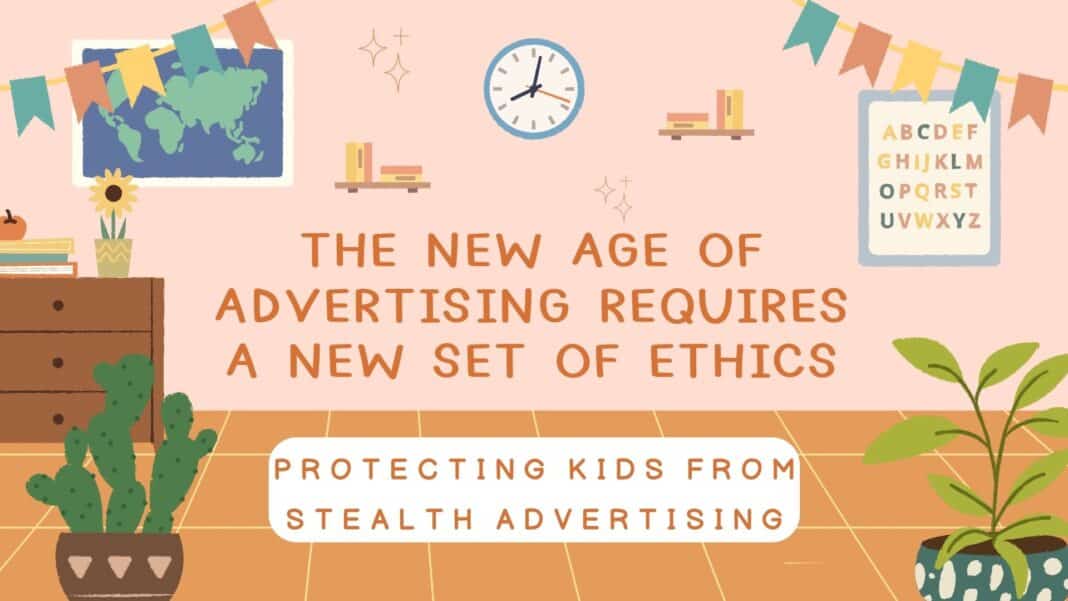The advertising world is ever-changing, and with that change comes a new set of challenges and ethical quandaries. No longer can we rely on the old adage of “sex sells” to move product; in today’s woke climate, that kind of thinking will get you laughed out of the boardroom. But what does selling ethically in the age of social media and targeted advertising look like? Federal Trade Commission Chair Lina Khan has some ideas.
In a recent speech at the agency event “Protecting Kids from Stealth Advertising,” Kahn suggested that online ads have become more sly and difficult for parents to monitor than traditional advertising, which was typically broadcast to all viewers at once. The rise of social media and targeted advertising “changed everything,” Kahn said, adding that every child is now an “audience of one.”
Kahn’s solution? More transparency and regulation when it comes to advertising aimed at children. She pointed out that many young users “may provide personal information without understanding the privacy risks,” and that it’s up to businesses to be more forthcoming about how they use that data. mandating better disclosure standards for when companies collect children’s data or show them ads.
And while some businesses might balk at the idea of increased regulation, Kahn made it clear that these new standards are necessary to protect our most vulnerable consumers. After all, she said, “as digital marketing techniques become more sophisticated, subtlety is becoming the norm.” If we’re not careful, our kids could become unwitting victims of predatory ads disguised as innocent fun.
As digital marketing techniques become more sophisticated, subtlety is becoming the norm. This was never more evident than in the case of Cambridge Analytica, where Facebook users unwittingly allowed a third-party company access to their personal data. This information was then used to target ads so manipulative that they may have swayed the outcome of the 2016 presidential election. And while Cambridge Analytica was an extreme example, it did illustrate how easy it is for businesses to collect data on individuals without their knowledge or consent—including children.
In her speech, Kahn proposed mandating better disclosure standards for when companies collect children’s data or show them ads. She also suggested giving parents more control over what kinds of data are collected about their kids and how it’s used. These are both excellent ideas that would go a long way towards protecting children from being exploited by unscrupulous businesses. However, there is one potential pitfall to this approach: namely, that it relies on parents to be vigilant about monitoring their kids’ online activity—something that not all parents are equipped to do.
It’s also worth noting that even if we do manage to regulate online advertising aimed at children, there will always be new ways for businesses to exploit them. As technology evolves, so too do the methods used by marketers to sell their products. We can’t let our guard down for a second; we need to be constantly adapting our regulations to keep pace with the ever-changing landscape of digital marketing.
As the FTC continues to explore the issue of online advertising aimed at children, it’s important for businesses to be aware of the potential risks involved. Targeting kids with ads can lead to big problems down the line, so it’s something that should be approached with caution – if not avoided altogether.




